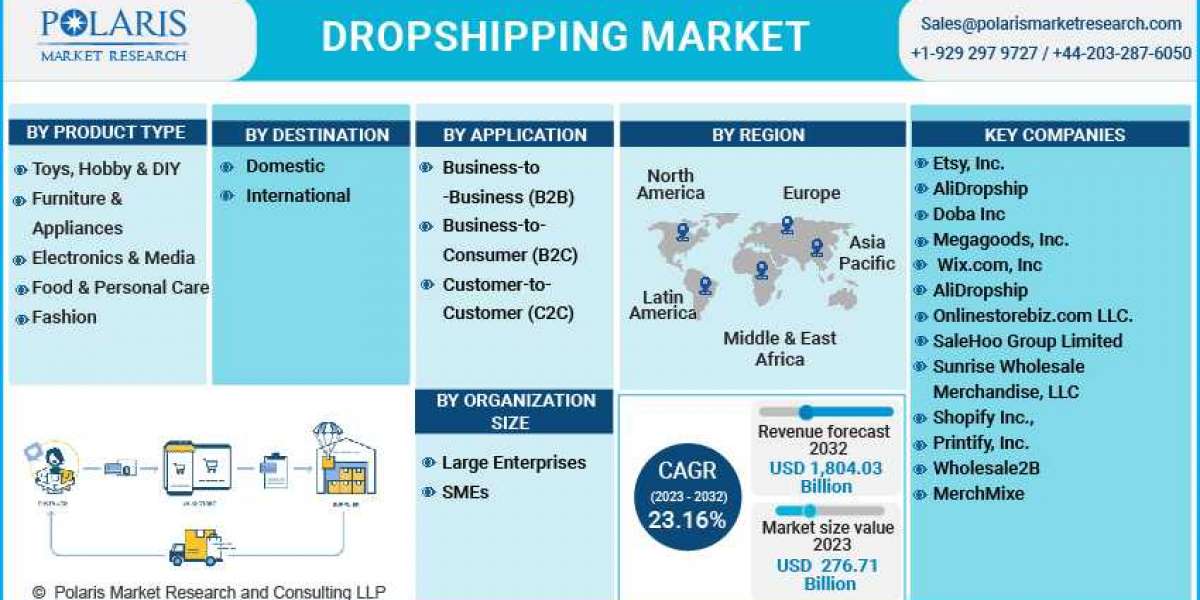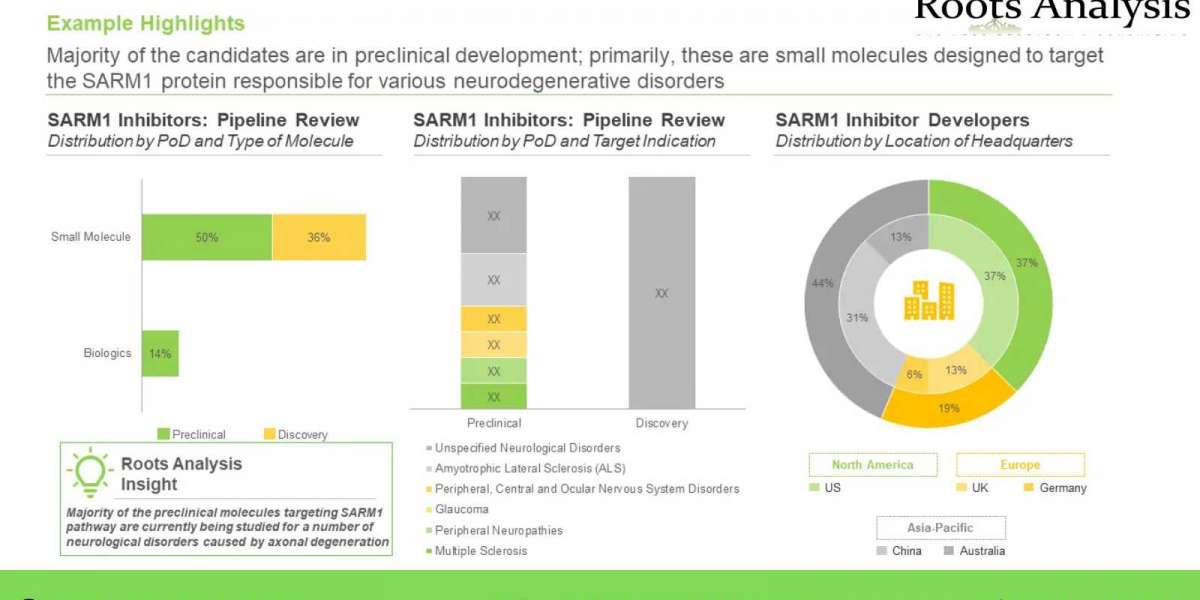Day treatment is a great option for those who need addiction treatment but cannot afford to attend residential care. It allows you to get clean and sober while still attending work or school.
During this time, you'll have access to therapy, counseling, and other addiction treatment services. Your therapist will help you develop new coping skills, identify triggers, and explore how your chemical use affects you and your relationships.
Intensive Outpatient Programs (IOP)
Intensive Outpatient Programs (IOP) are one of the most common day treatment options for people in recovery from addiction. They provide patients with a comprehensive treatment plan that includes counseling, education, and relapse prevention skills.
The goal of an IOP is to help clients achieve lasting recovery without the need for residential or inpatient treatment. The treatment program typically requires three or more days of sessions per week and usually lasts eight to 12 weeks.
During IOP, patients meet with their therapists several times a week for up to four hours each session. They also attend group therapy and relapse prevention classes. In addition, they may participate in alternative therapies like art therapy, music therapy or adventure therapy.
Partial Hospitalization Programs (PHP)
Partial hospitalization programs (PHP) offer an ideal option for individuals who want to get treatment but do not require around-the-clock supervision. Typically, these programs are ideal for those who are in the early stages of recovery and need a bit of structure to help them cope with triggers and temptations.
A PHP is often the next step after completing a residential addiction treatment program or a detox program. This allows patients to continue receiving support while going home at night and maintain their families.
Some patients also choose to live in a sober living facility after completing a PHP program. This provides a safe haven to practice the skills they’ve learned in therapy in the outside world, as well as social support for a healthy lifestyle.
Choosing the right treatment for you or your loved one is essential to long-term recovery. Before you make any decisions, be sure to check your insurance coverage and speak with a treatment provider.
Residential Treatment
A residential treatment center is a live-in setting where individuals receive intensive mental health and substance use disorder services. These facilities offer 24-hour care and are supervised by medical professionals at all times.
The staff at a residential program will take a personal approach to helping each client, ensuring that their needs are met. Individual therapy is often provided on a weekly basis.
Medication management and detoxification are also a part of these programs. These services can help clients with withdrawal symptoms, reduce cravings, and maintain abstinence from drugs and alcohol until they can manage their addiction without the need for additional medication.
For those who are able, long-term residential treatment can be very beneficial for their recovery. However, it is important to choose a program that fits their individual needs and to make sure they are able to participate in the program for the duration of the time they require.
Recovery Living
Typically, day treatment programs are less intensive than residential or inpatient programs and offer more time for patients to learn and build recovery skills. These options can also be helpful for family members of a loved one who is struggling with addiction.
There are many different types of day treatment, each with its own pros and cons. Ultimately, you will want to determine what works best for your situation.
The first step is to start researching treatment centers and their programs. Ask about the duration, type of care offered, and whether there are any additional support services available.
Some programs can last from 30 days to 90 days. This may seem like a long time, but it is actually one of the most impactful times to begin developing sobriety skills and identifying any triggers that could lead to relapse.








